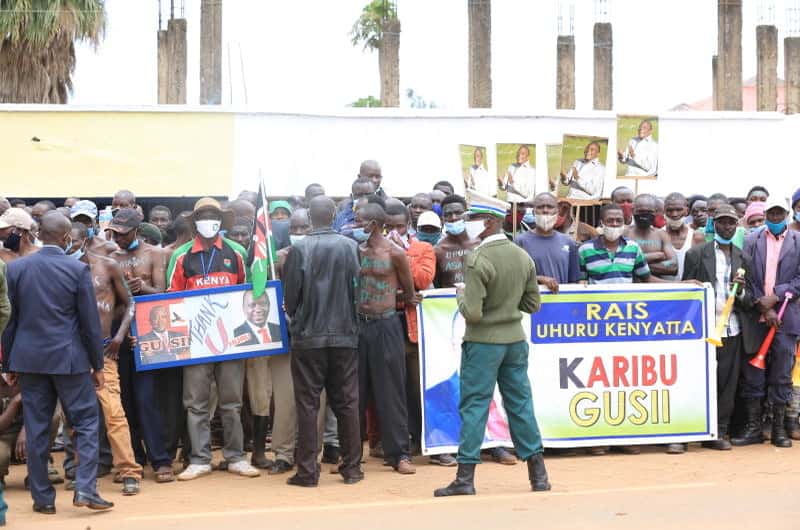×
The Standard e-Paper
Join Thousands Daily

Kisii residents wait for President Uhuru Kenyatta in Kisii town on the president's second day in Kisii County. [Sammy Omingo, Standard]
The Building Bridges Initiative (BBI) task force has recommended several changes to existing law to address electoral flaws and other issues that have bogged down government processes and business practice.